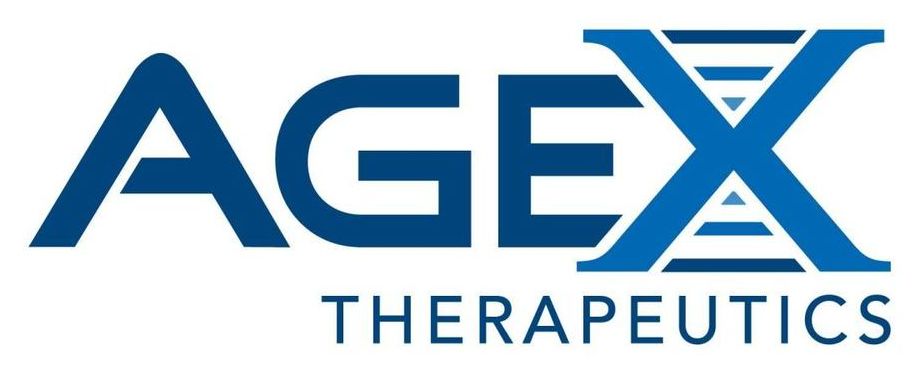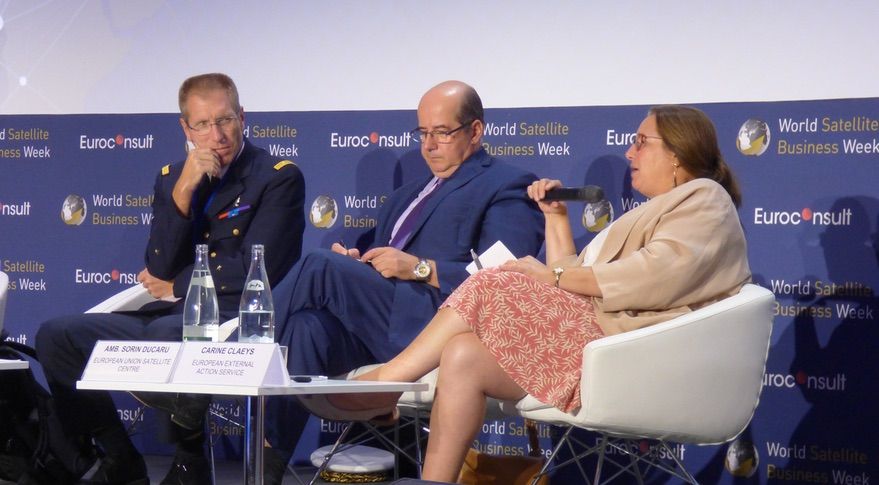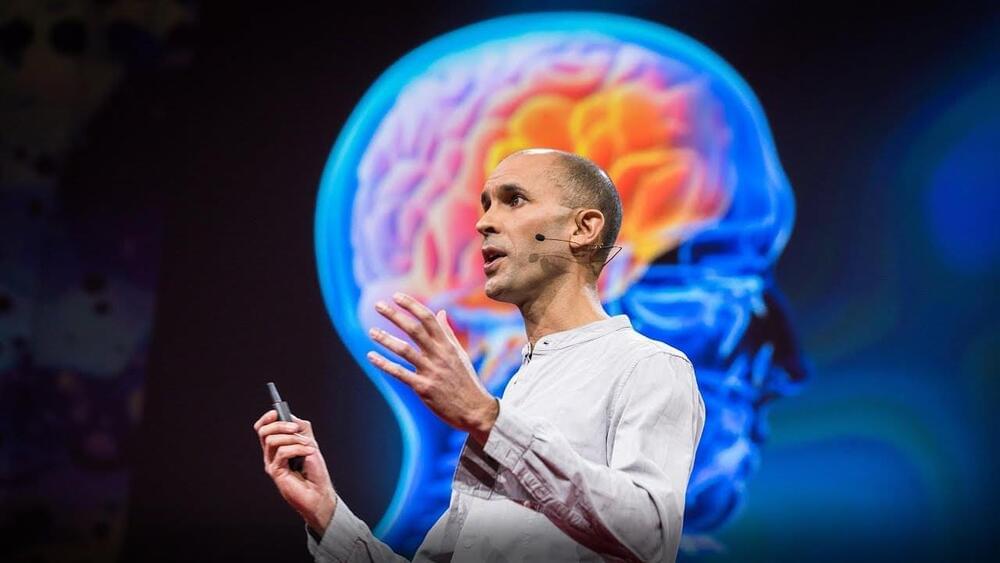Sep 24, 2019
Boston Dynamics’ Spot Robot Dog Goes on Sale
Posted by Genevieve Klien in categories: business, robotics/AI, transportation
Boston Dynamics is announcing this morning that Spot, its versatile quadruped robot, is now for sale. The machine’s animal-like behavior regularly electrifies crowds at tech conferences, and like other Boston Dynamics’ robots, Spot is a YouTube sensation whose videos amass millions of views.
Now anyone interested in buying a Spot—or a pack of them—can go to the company’s website and submit an order form. But don’t pull out your credit card just yet. Spot may cost as much as a luxury car, and it is not really available to consumers. The initial sale, described as an “early adopter program,” is targeting businesses. Boston Dynamics wants to find customers in select industries and help them deploy Spots in real-world scenarios.

















